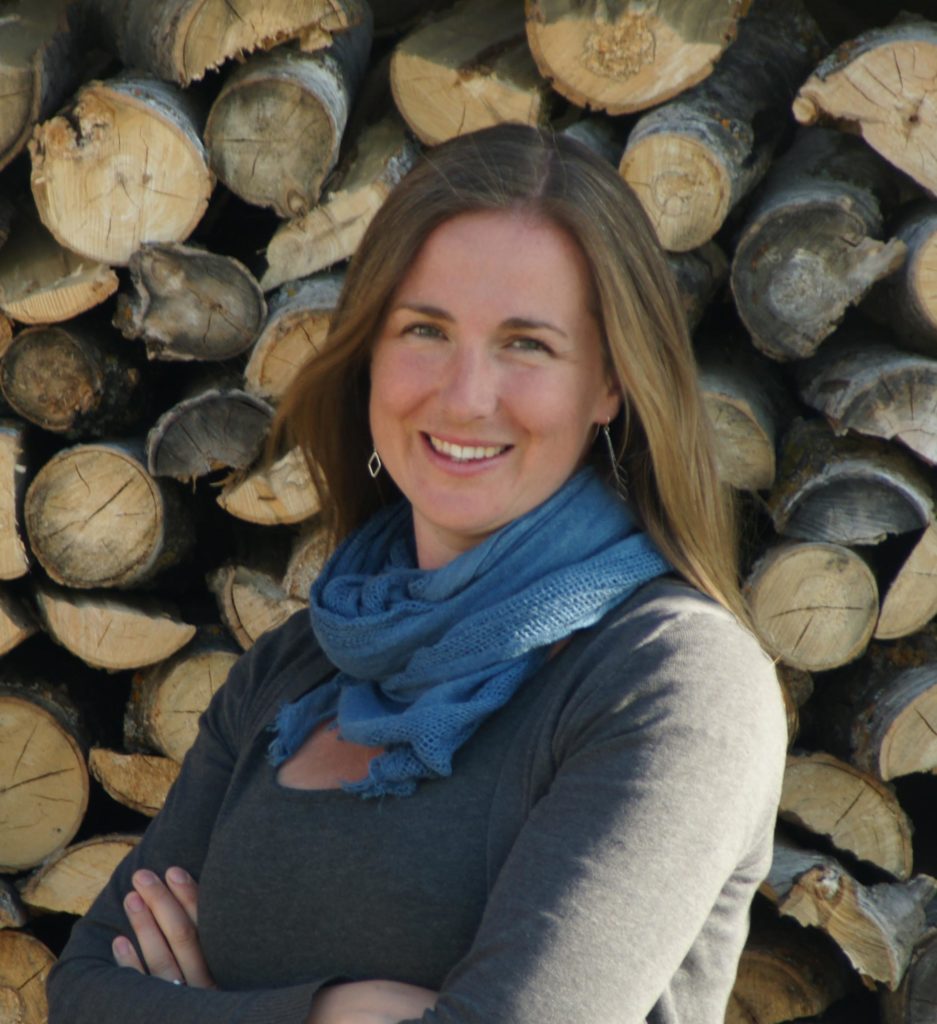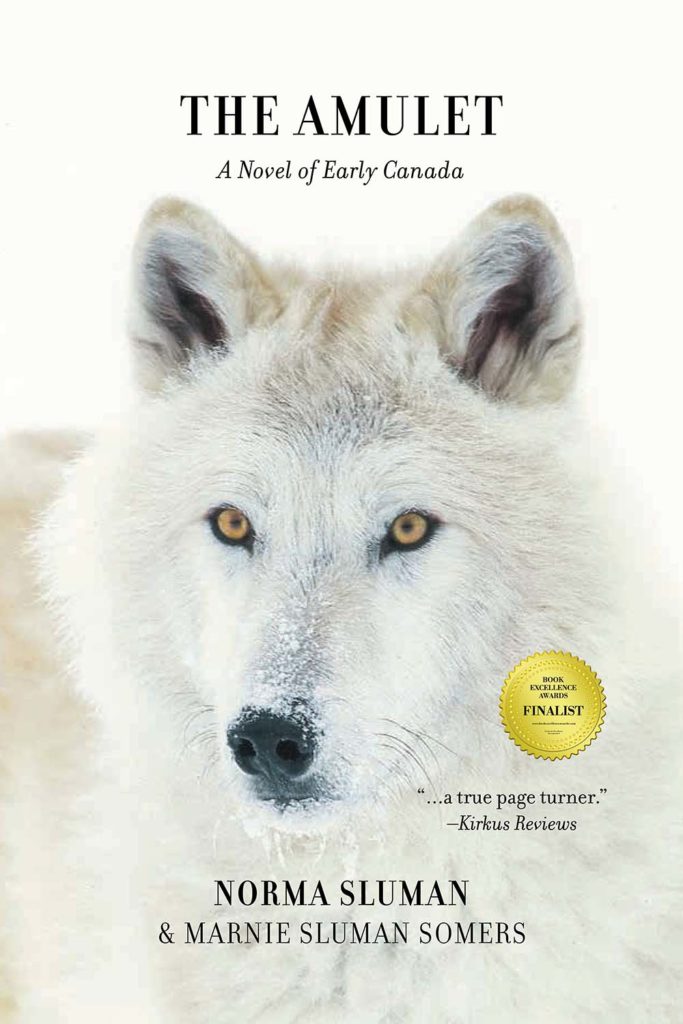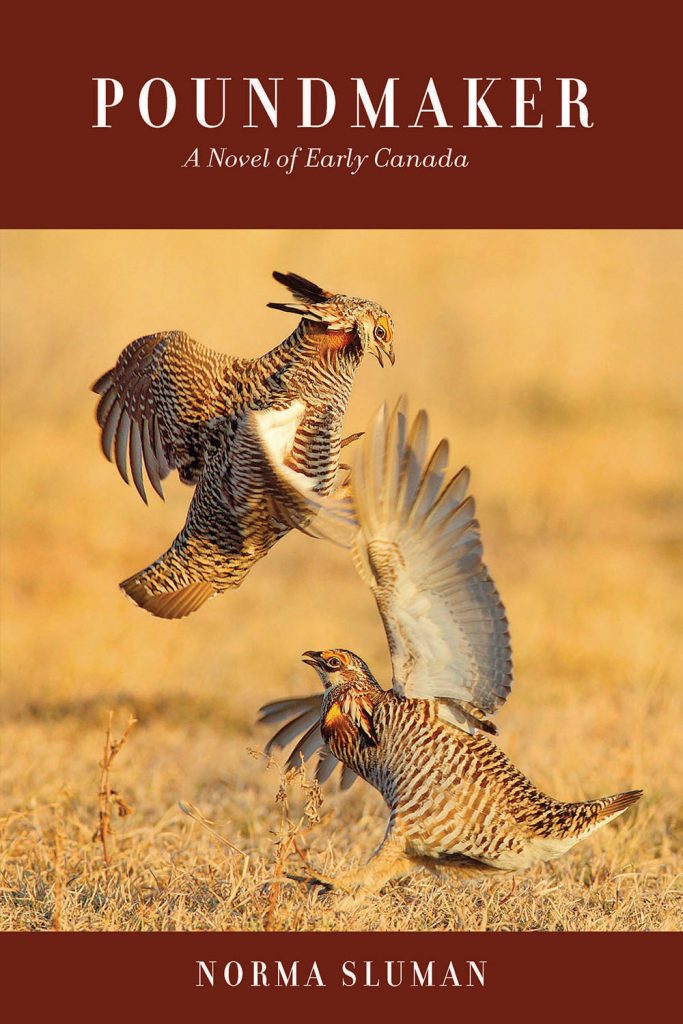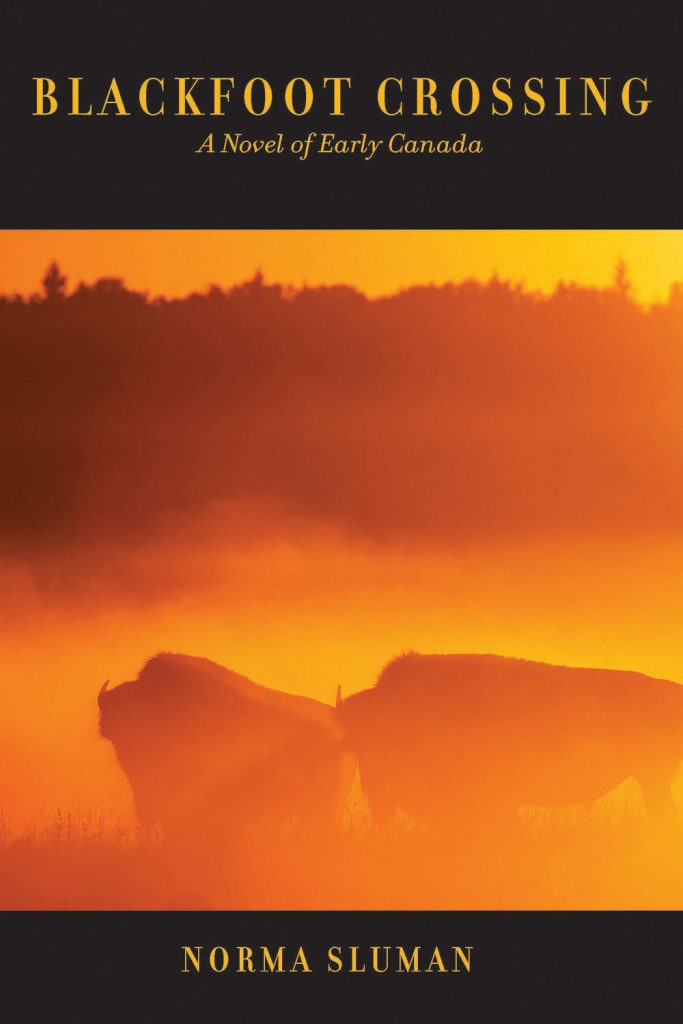“To write means I have a reason to gather up all those things that make a moment what it is and hold onto them. Because I write, every moment is precious and beautiful and has the potential for creation within it.”
I went for a walk today. We have a beautiful provincial park nearby and I recently discovered a new path there. I’ve walked it several times over the last two months and today it was different. The air was crisper. The ground felt softer. The light had a different quality and colour to it. Today it was autumn in those woods.
Now, I’m a writer so I don’t ever stop at just noticing that things are different. I want all the details of that difference, because those tiny details are what add depth and reality and impact to a scene. So as I walked, I noticed.
I noticed how the leaves were beginning to change, just at the edges of some and a full brilliant red on the poison ivy. Isn’t it wild that poison ivy can be so repulsive for the whole summer and then so gorgeous for those last few weeks? I noticed how the tree leaves were a bit drier, which meant their sound had a little more rattle to it. I noticed how many different kinds and colours of berries there were. Since I was paying attention I saw the bear footprints in the mud where the water was low, the claw marks slipping where it pulled itself up the the side of the ravine. No doubt it was looking for more of the abundant berries I’d been admiring. When I climbed down I saw that raccoons, birds, deer, and coyotes had all been drinking from the same low pool in the stream.



So like I said, I went for a walk today. But I’m a writer, so I didn’t just go for a walk. I went for a walk and noticed. I went for a walk and I came home and wrote about it.
To engage is a choice. I could easily have gone for a walk and just walked, but how boring would that be? To write means I have a reason to gather up all those things that make a moment what it is and hold onto them. Because I write every moment is precious and beautiful and has the potential for creation within it.
This week’s assignment:
Notice. You don’t have to go anywhere special or do anything unusual. Just go about your day and notice. Today I paid attention when I was in the forest but you don’t have to be in a forest, or in nature to engage with your surroundings. A phone call, a hockey game, a funeral, or the grocery store can all yield just as many details as a forest.
Some thoughts on how to go about noticing:
Be gentle. Don’t push. It’s more about opening your eyes and ears and relaxing your expectations than it is about trying to get something done.
Follow your curiosity. There’s nothing linear or organized about noticing. Wander around. What’s just around that corner? What are those people laughing about? What does that pineapple feel like? What does it smell like?
Observe, don’t analyze. Don’t overthink it. Noticing is a practice; it’s a relaxing into the way things are. There aren’t any rules and there’s no one way you’re supposed to do it. Let it be what it is.
Remember what you notice. What you do with all the things you notice is deeply personal. For me it varies from day to day and moment to moment. Sometimes I tuck away a feeling or a thought with a few words in a notebook or a quick sketch. Often, like today, I take a lot of pictures. The colours and shapes of the images will bring back the thoughts and feelings I had while I was seeing them. I’ve even recorded the sounds of a trickling stream and a whistling kettle. The biggest thing for me is to write about what I experience. Today I wrote this post, but lots of times that I’ll just write an open-ended few pages of smells and colours and thoughts about where I was and what I felt and saw there.
What about you? What do you do with the things you notice? How do you use them in your writing? How do you feel about mining the world around you for writing ideas?
I’d love to hear from you!
As always I’m writing with you,

Laurie MacNevin, HF Associate Editor
Laurie is an editor, writer, and researcher. Her deep love of stories led to an Honours degree and a Master’s degree in English Language and Literature from the University of Windsor. Originally from Southern Ontario, Laurie has lived in Manitoba for more than ten years, exploring the stories, landscape, plants, and people of some of the most remote parts of the province including three years in Churchill and two years in God’s Lake Narrows First Nation. Laurie and her family now live on an acreage outside of Carberry.
Not a member of our FREE Book of the Month Club yet? What are you waiting for?
Want a chance to win a free book written by a different Canadian author? Join our Free Book of the Month Club! Every month we review a book by a Canadian author and give it away to one of our email subscribers. Our goal is to share the work of other Canadian authors to help readers find other writers.




